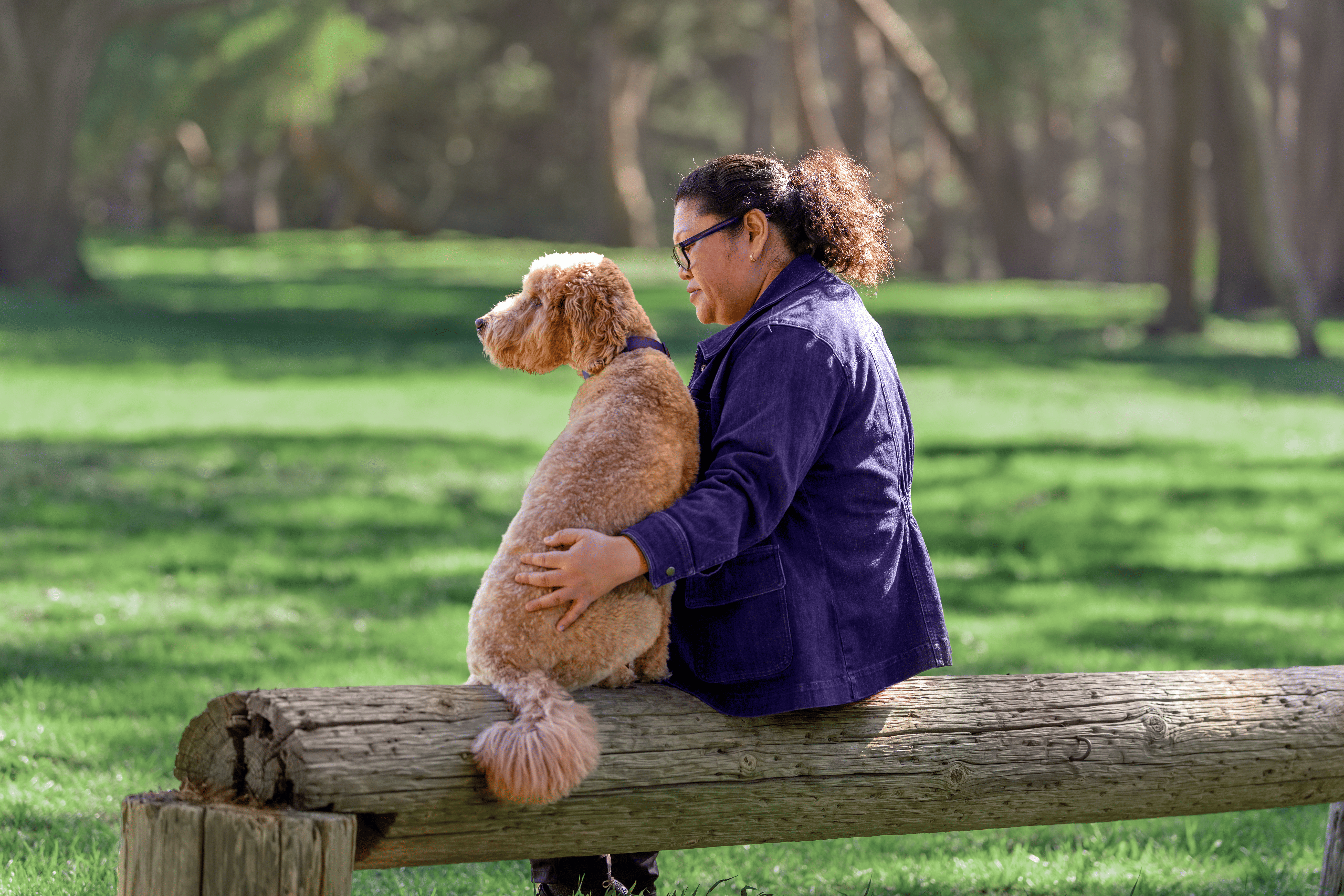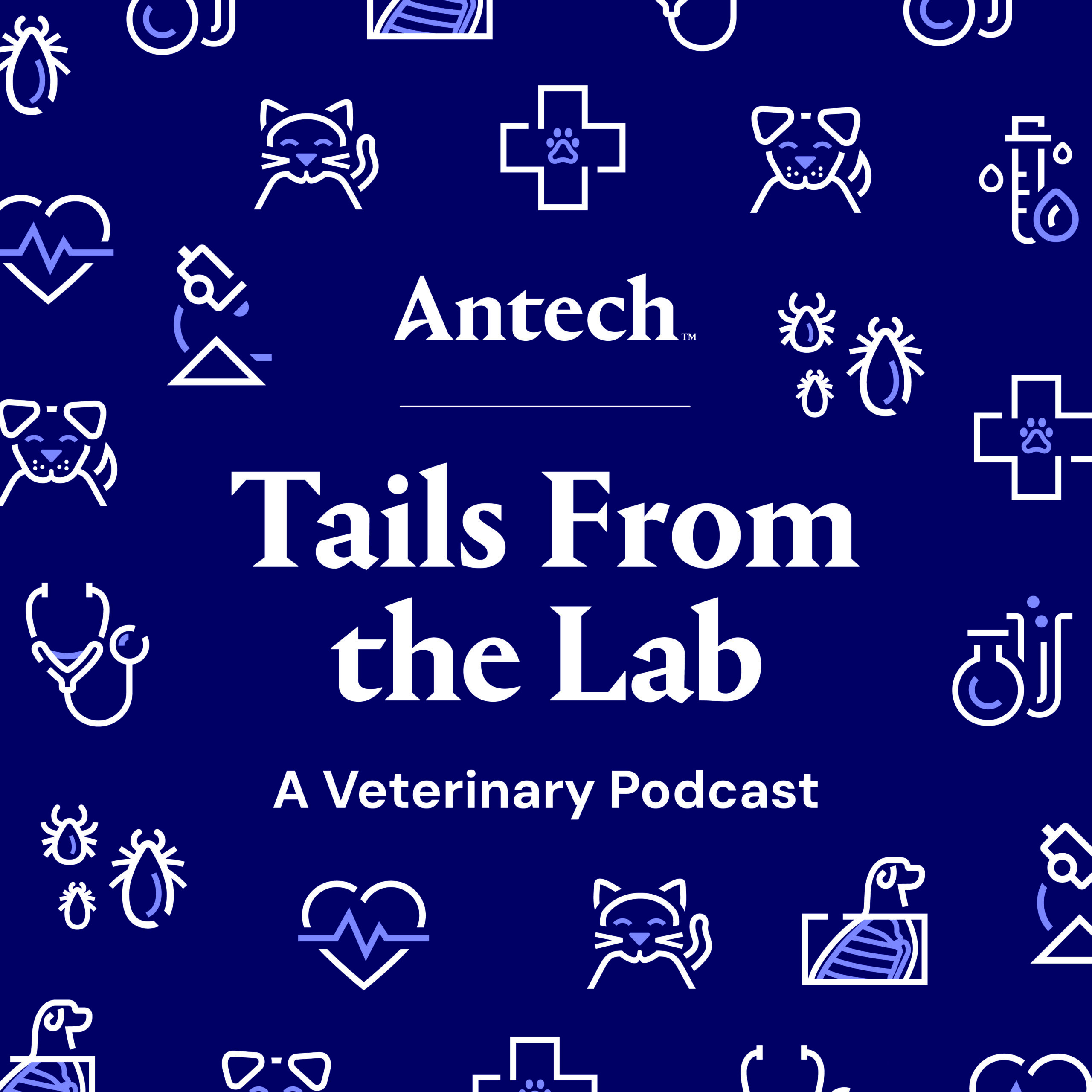Une seule santé, un seul objectif : comment Antech contribue à lutter contre la menace des maladies à transmission vectorielle

Par le Dr Christian Leutenegger (BSc, DrMedVet, PhD, FVH)
Vice-président R&D, Développement d'essais, Antech
En cette Journée mondiale de la santé #One, je souhaite mettre en lumière une menace importante et évolutive pour la santé publique : les maladies à transmission vectorielle (MTV) et le lien vital entre la santé des animaux de compagnie et le bien-être de leurs compagnons humains.
La propagation des maladies à transmission vectorielle
Les maladies vectorielles affectant les animaux de compagnie comprennent la maladie Lyme et la leishmaniose. Elles sont transmises par des vecteurs, organismes vivants comme les tiques et les moustiques, qui transmettent des agents pathogènes infectieux en se nourrissant du sang d'un animal ou d'un humain. Les maladies vectorielles sont en recrudescence, notamment en raison des changements climatiques. La hausse des températures prolonge l'activité des vecteurs et étend leur aire de répartition géographique ; certaines maladies vectorielles émergent ainsi dans des régions des États-Unis et du Canada où elles étaient auparavant rares. Parmi les autres facteurs contribuant à cette augmentation, on peut citer la hausse des déplacements d'animaux de compagnie, l'urbanisation (qui rapproche les animaux de compagnie de la faune sauvage), la résistance aux antiparasitaires et les lacunes des programmes de prévention des parasites chez les animaux de compagnie.
Les chiens et les chats ne transmettent pas directement ces maladies à leurs propriétaires, mais comme ils fréquentent les mêmes environnements, ils sont exposés aux mêmes vecteurs et au même risque d'infection. Les chiens et les chats jouent donc un rôle crucial de sentinelles des maladies à transmission vectorielle (MTV), les tests permettant de mettre en évidence des tendances qui se manifesteront probablement aussi chez l'humain dans la même localité, exigeant une réponse de santé publique. Les vétérinaires et les médecins doivent comprendre les risques et disposer des outils nécessaires pour dépister, diagnostiquer et traiter efficacement ces maladies.
Garder une longueur d'avance sur la menace
À mesure que nous développons des tests plus sensibles et à spectre plus large, les cliniques vétérinaires constatent de plus en plus de résultats positifs, ce qui indique clairement que la menace des maladies à transmission vectorielle est réelle et croissante. Les animaux de compagnie peuvent être infectés de manière asymptomatique par ces maladies, c'est-à-dire qu'ils semblent en bonne santé alors que le virus circule dans leur organisme. Ils peuvent ainsi constituer un réservoir d'infection caché et les vecteurs peuvent transmettre la maladie à d'autres animaux.
Actuellement, la plupart des chiens aux États-Unis et au Canada ne font pas l'objet d'un dépistage systématique des maladies à transmission vectorielle. Si cela changeait, la propagation de ces maladies pourrait être considérablement réduite. Des tests annuels de qualité permettent un traitement rapide des chiens infectés, mais surtout, ils contribuent à maîtriser la propagation des maladies qui mettent en danger aussi bien les humains que les animaux.
Pour réduire l'impact de l'approche « Une seule santé », nous devons constamment faire évoluer nos tests afin d'anticiper l'émergence de nouveaux agents pathogènes. Cela implique de proposer des options adaptées aux différents parcours de soins cliniques. Par exemple, notre test Accuplex™ dépiste désormais un plus large éventail de… Ehrlichia et Anaplasma Ce test peut être réalisé sur du sérum déjà envoyé au laboratoire pour un bilan de santé. Pour des résultats rapides en clinique, trūRapid™ FOUR est efficace : il ne nécessite que quelques gouttes de sang et permet de débuter immédiatement le traitement en cas de résultat positif. Enfin, pour le diagnostic des maladies chez les patients malades, un panel étendu de maladies vectorielles (PCR) recherche 22 agents infectieux différents et la résistance aux médicaments.
Nous sommes solidaires de nos partenaires de santé publique à l'occasion de la Journée Une seule santé
Outre nos investissements constants dans l'innovation scientifique, Antech s'efforce de fournir aux vétérinaires les ressources nécessaires à l'interprétation des résultats, au traitement des maladies et à la communication avec les propriétaires d'animaux concernant les risques potentiels pour les animaux et les humains. La propagation des maladies à transmission vectorielle, qui présente un double risque pour les animaux et les humains, exige une approche collaborative et globale de la santé.
Nous pouvons faire davantage en matière de prévention. Dans certains domaines, comme le diagnostic moléculaire, la médecine vétérinaire est plus avancée que la médecine humaine et nous pouvons proposer plus rapidement des solutions de pointe aux cliniques. Les données et les enseignements tirés de cette collaboration peuvent éclairer le travail de nos collègues en santé humaine.
Les produits de diagnostic moléculaire Antech facilitent les diagnostics avancés, en privilégiant la précision, la rapidité et l'accessibilité pour un large éventail de maladies vectorielles. En collaboration avec nos collègues des secteurs de la santé humaine et vétérinaire, nous œuvrons activement à la protection de la santé animale et humaine.
Découvrez-en plus sur les solutions de dépistage VBD avancées de Antech : https://www.antechdiagnostics.com/reference-lab/diagnostics/advanced-vector-borne-disease-screening/




